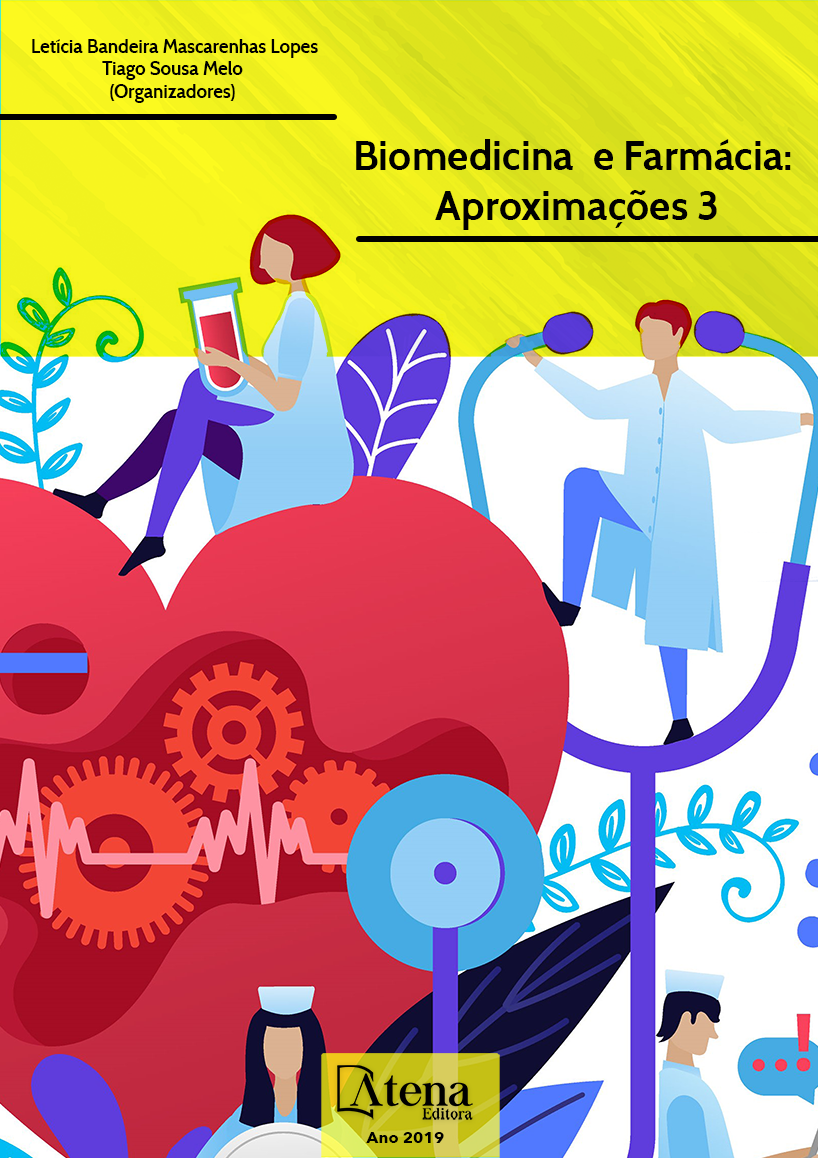
Etiopatogênese da eritroblastose fetal relacionado ao fator rh
O fator Rh é uma proteína sanguínea
que o sangue humano pode apresentar (Rh
positivo) ou não apresentar (Rh negativo). A
eritroblastose fetal consiste na destruição das
hemácias decorrentes de uma incompatibilidade
entre o Fator Rh do sangue materno e fetal.
Ocorre quando o Rh do feto é positivo e o da
mãe é negativo, assim o sistema imunológico
irá desencadear uma reação onde os anticorpos
da mãe atacam os antígenos eritrocitários
específicos do feto, ou seja, perde a autolerância
a seus antígenos. O presente artigo tem como
objetivo evidenciar a etiologia, patogenia,
manifestações clínicas da eritroblastose fetal,
bem como trazer formas de prevenção. O
estudo trata-se de uma pesquisa bibliográfica,
qualitativa, exploratória e analítica, acerca do
tema, utilizando revistas indexadas em SciELO,
Lilacs, Medline e também foram pesquisados
livros referentes ao tema. Foi possível constatar
que a patogênese da eritroblastose fetal se
desenvolve comumente em uma segunda
exposição ao fator Rh incompatível, pois na
primeira exposição terá uma resposta imune
primária, onde terá presença apenas antígenos
IgM, que por ser muito grandes, não atravessam
a placenta e por isso não irá desenvolver, há
não ser que ocorra transfusões erradas. Em
uma segunda exposição haverá anticorpos
IgG que, por serem pequenas atravessam
a placenta, causando eritroblastose, como
forma de prevenção à gestante deve tomar a
imunoglobulina anti-Rh ou Anti-D. Conclui-se
que essa doença se dá pela isoimunização
materna e que decorrência da destruição das hemácias, pode ocorrer consequências
tais como anemia, icterícia e kernicterus.
Etiopatogênese da eritroblastose fetal relacionado ao fator rh
-
DOI: 10.22533/at.ed.2241914041
-
Palavras-chave: Eritroblastose fetal. Hemácias. Sistema Rh
-
Keywords: Fetal Erythroblastosis. RBCs. Rh system
-
Abstract:
The Rh factor is a blood protein that human blood can present (Rh
positive) or not present (Rh negative). Fetal erythroblastosis is the destruction of red
blood cells caused by an incompatibility between the Rh factor of maternal and fetal
blood. Occurs when the fetus is Rh positive and negative of the mother is thus the
immune system will trigger a reaction where the mother’s antibodies attack the specific
blood group antigens of the fetus, or lose their autolerância antigens. This article aims
to highlight the etiology, pathogenesis, clinical manifestations of fetal erythroblastosis
and bring prevention methods. The study deals with a bibliographic research,
qualitative, exploratory and analytical, on the subject, using journals indexed in SciELO,
Lilacs, Medline and were also researched books on the topic. It was found that the
pathogenesis of fetal erythroblastosis develops commonly in a second exposure to
incompatible Rh factor, as in the first exhibition will have a primary immune response,
which will only IgM antigen presence, which is very large, do not cross the placenta and
this will not develop, there is not occurring erroneous transfusion. In a second exposure
will IgG antibodies which, being small cross the placenta, causing erythroblastosis, for
prevention of pregnant women should take the anti-Rh immunoglobulin or anti-D. It is
concluded that this disease is by maternal isoimmunization and due to the destruction
of red blood cells, can occur consequences such as anemia, jaundice and kernicterus.
-
Número de páginas: 8
- Gisele Lopes Cavalcante
- Maria Camila Leal de Moura
- Rayssa Hellen Ferreira Costa
- Maria Clara Nolasco Alves Barbosa
- Jéssica Maria Coelho de Sousa
- Ilana Dennyse Amorim Rêgo
- Dayana Cristina dos Santos Lima
- José Virgulino de Oliveira Lima


